Introduction
The hospitality industry has witnessed a significant transformation in recent years, with technological advancements playing a pivotal role in enhancing efficiency and customer satisfaction. One such technological innovation that has revolutionized hotel operations is the Hotel Management System (HMS) and the associated Hotel Billing Software. This integrated approach not only streamlines day-to-day activities but also contributes to a seamless and personalized guest experience.
Understanding Hotel Management Systems
Overview of Hotel Management Systems
Hotel Management Systems are comprehensive software solutions designed to automate and centralize various tasks within a hotel, ranging from front-desk operations to back-end management. These systems serve as the backbone of modern hotel management, allowing for efficient coordination and communication across different departments.
Core Features of Hotel Management Systems
- Reservation Management: HMS facilitates the easy management of room reservations, providing a real-time view of room availability and occupancy status. This ensures a smooth check-in process for guests.
- Front Desk Operations: Streamlining front desk activities, such as guest check-in and check-out, becomes effortless with an HMS. It also enables staff to access guest information quickly, enhancing customer service.
- Housekeeping Management: Efficient housekeeping is crucial for guest satisfaction. An HMS assists in tracking room cleaning schedules, ensuring timely service and maintenance.
- Point of Sale (POS) Integration: Many HMS platforms integrate with POS systems, enabling seamless coordination between accommodation and other hotel services like restaurants, spas, and more.
- Billing and Invoicing: Automated billing and invoicing features simplify financial transactions, reducing the chances of errors and ensuring accurate records.
- Benefits of Hotel Management Systems
- Enhanced Efficiency: The automation of routine tasks reduces the workload on hotel staff, allowing them to focus on delivering exceptional guest experiences.
- Improved Guest Experience: HMS enables personalized services, as staff can access guest preferences and histories, providing a more tailored and memorable stay.
- Centralized Data Management: All information, from reservations to billing, is stored in a centralized system, facilitating easy access and reducing the risk of data discrepancies.
- Hotel Billing Software: A Financial Backbone
- The Importance of Efficient Billing Systems
Billing is a critical aspect of hotel management, directly impacting customer satisfaction and the overall financial health of the establishment. Hotel Billing Software complements HMS by focusing specifically on financial transactions, ensuring accuracy and transparency in the billing process.
Key Features of Hotel Billing Software
- Automated Invoicing: Hotel Billing Software automates the generation of invoices based on guest bookings, services availed, and other relevant factors. This minimizes errors and accelerates the billing process.
- Integration with POS Systems: Seamless integration with POS systems ensures that all transactions, whether room charges or additional services are accurately reflected in the billing system.
- Multiple Payment Options: Modern billing software supports various payment methods, including credit cards, digital wallets, and traditional cash payments, offering flexibility to guests.
- Tax Calculation and Compliance: The software automatically calculates applicable taxes and ensures compliance with local tax regulations, reducing the risk of errors and legal complications.
- Guest Billing History: Hotel Billing Software maintains a comprehensive record of guest transactions, providing valuable insights into spending patterns and preferences.
- Benefits of Hotel Billing Software
- Accuracy and Transparency: Automated billing reduces the likelihood of errors, ensuring that guests are billed accurately for the services they have availed.
- Time Efficiency: Streamlining the billing process saves time for both staff and guests, contributing to a smoother and more efficient check-out experience.
- Financial Control: Hotel owners and finance managers gain better control over the financial aspects of the business, with real-time insights into revenue streams and expenses.
Integration for Seamless Operations
- The Synergy Between HMS and Billing Software
The integration of Hotel Management Systems with Billing Software creates a powerful synergy that optimizes hotel operations. As these systems communicate seamlessly, information flows effortlessly between reservations, services, and financial transactions.
- Streamlined Guest Experience
- Efficient Check-in and Check-out: With integrated systems, the check-in and check-out processes become swift and hassle-free, leaving guests with a positive impression.
- Personalized Services: The combined data from HMS and Billing Software allows hotel staff to offer personalized services, anticipating guest needs and preferences.
- Unified Communication: Departments within the hotel, from housekeeping to the front desk and accounting, can communicate in real-time, ensuring a coordinated approach to guest services.
- Operational Efficiency and Cost Savings
- Reduced Workload: Automation of tasks, from reservation management to billing, reduces the workload on staff, allowing them to focus on delivering exceptional service.
- Minimized Errors: Integrated systems minimize the chances of errors that can arise from manual data entry or miscommunication between departments.
- Cost-effective Solutions: While the initial investment in integrated systems may seem substantial, the long-term cost savings in terms of staff efficiency, reduced errors, and improved guest satisfaction make it a sound investment.
- Adaptability to Industry Trends
- Mobile Integration: With the rise of smartphones, guests expect seamless interactions through mobile apps. Many modern Hotel Management Systems offer mobile integration, allowing guests to check in, access their reservations, and even control room settings from their smartphones. This adaptability enhances the overall guest experience.
- Contactless Services: In the wake of global events like the COVID-19 pandemic, contactless services have become a priority. Integrated systems enable hotels to provide contactless check-in and check-out processes, reducing physical touchpoints and ensuring the safety and well-being of guests and staff.
- Data Security and Compliance
- Secure Transactions: As hotels handle sensitive financial information, data security is paramount. Both Hotel Management Systems and Billing Software prioritize secure transactions, adhering to industry standards and regulations to protect guest data.
- Compliance with Privacy Laws: With the introduction of stringent data protection laws globally, integrated systems ensure that hotels comply with regulations like GDPR (General Data Protection Regulation) and other regional privacy laws, fostering trust with guests.
Conclusion
In an era where guest expectations are constantly evolving, hoteliers must leverage technology to stay competitive. Hotel Management Systems and Billing Software are not just tools for operational efficiency; they are gateways to delivering a superior guest experience. The integration of these systems not only streamlines daily operations but also contributes to the financial health and long-term success of a hotel. As the hospitality industry continues to embrace innovation, the adoption of comprehensive management solutions becomes imperative for hotels aiming to thrive in a dynamic and competitive market.
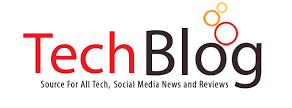
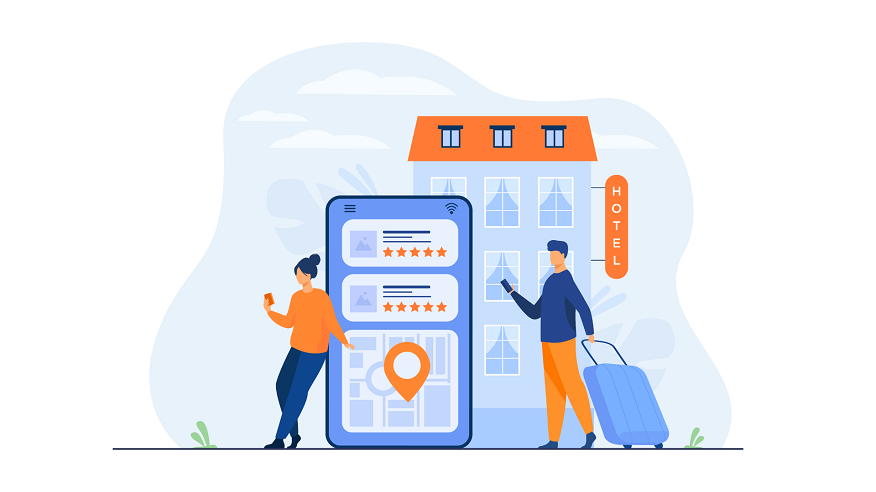


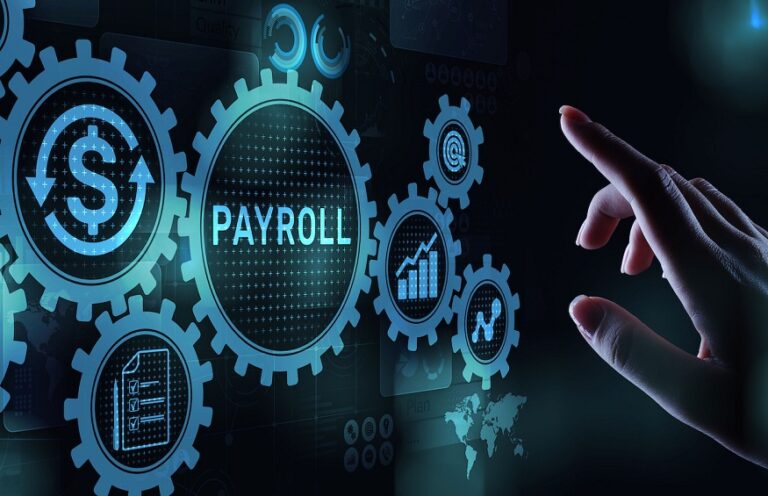



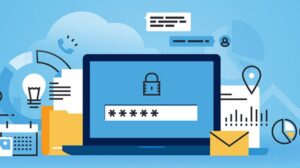

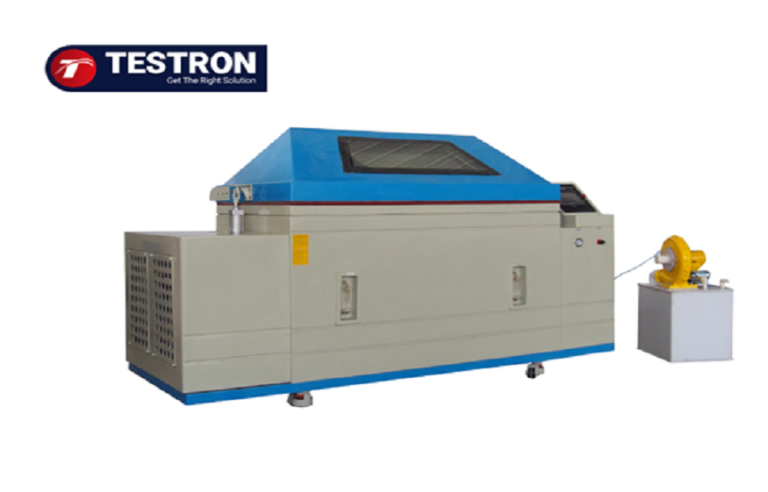
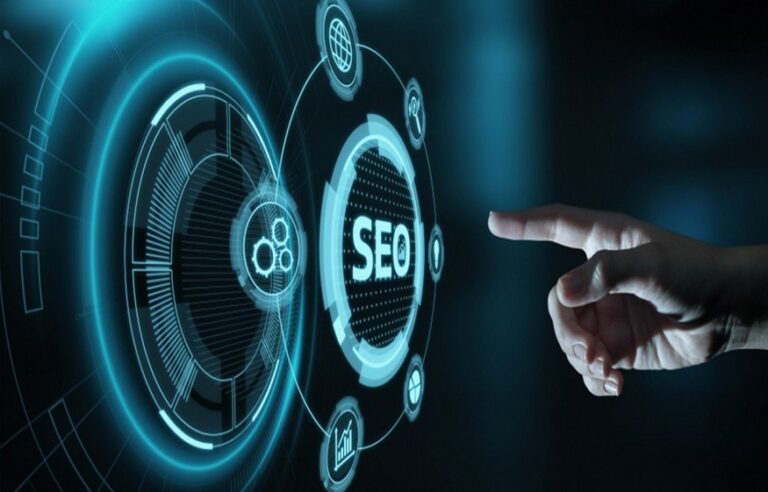


+ There are no comments
Add yours